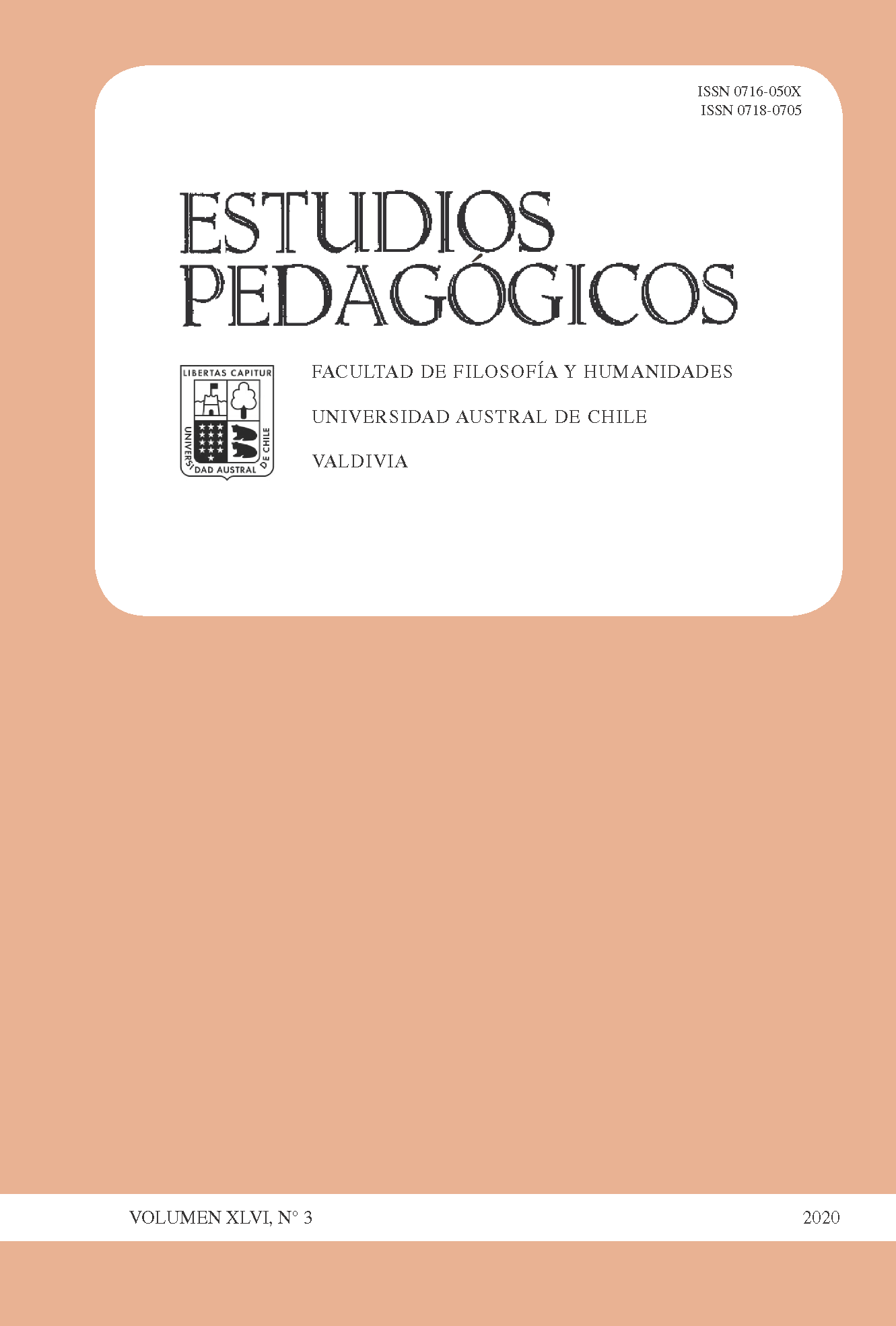Elderly in social vulnerability: reflections from popular education
Main Article Content
Abstract
Currently, due to the experience of a global pandemic -COVID 19-, older people in situations of vulnerability and social risk have presented significant demands. Faced with this scenario, the present work was developed from a research exercise, based on the framework of Popular Education for field research, seeking to articulate theory and practice. Therefore, from our concerns arose the questions: How could we help, during isolation, older people in situations of vulnerability and social risk? What possibilities exist to intervene in this process? To start this discussion, it was necessary to briefly contextualize the reflections of capitalism in the conduct of public social assistance policies, under the tutelage of a far-right federal government in Brazil. We also reflect on the rights of the elderly population at this juncture, what possible attributions exist within the Assistance Reference Center (CRAS) and how Popular Education can contribute to a process of confronting what has been raised, elucidating the vision of the whole. Thus, the authors carried out a qualitative research, in which, by sampling, they selected elderly people, with an average age between 60 and 72 years, in vulnerability, who attended the CRAS Vila Mathiensen and Jardim Nossa Senhora Aparecida, municipality of Americana / SP, Brazil, in peripheral neighborhoods and in situations of extreme social vulnerability, to respond to these concerns through a semi-structured questionnaire, in order to know what they have seen and heard about COVID-19 and what measures they have sought to face this scenario. Through the responses obtained, possible forms of intervention were analyzed and how we could contribute to promoting information. In this way, we seek to contribute with an analysis and reflection of the moment in which we live and, finally, to elucidate some possible actions with these people, without breaking the health protection measures.

